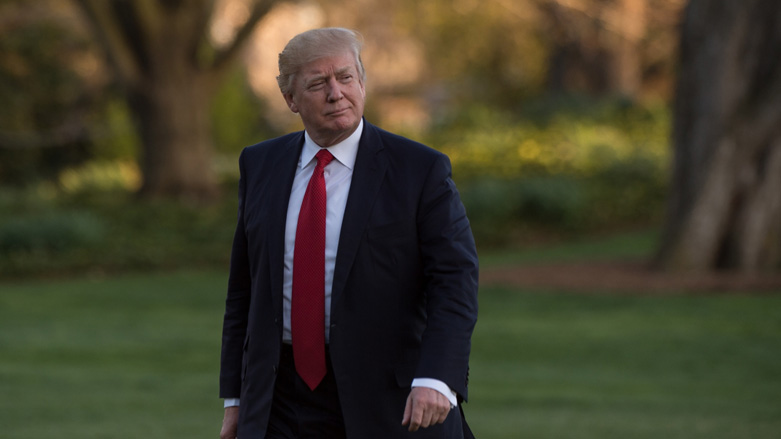UK Foreign Secretary: Russia has been producing nerve agent over past decade

WASHINGTON DC, United States (Kurdistan 24) – British Foreign Secretary Boris Johnson revealed on Sunday that his government believes Russia has been working with a highly lethal nerve agent over the past decade.
Johnson told the BBC, “We actually have evidence within the last 10 years that Russia has not only been investigating the delivery of nerve agents for the purpose of assassination, but has also been creating and stockpiling Novichok.”
A Novichok agent was used in the attempted murder of the former Russian spy, Sergei Skripal, and his daughter Yulia, in the British town of Salisbury on March 4. They have been in a coma ever since, and British authorities said this weekend that they are now “close to death.”
Within days of the attack, British Prime Minister Theresa May charged Russia with responsibility, and the US, France, and Germany soon followed suit.
Russia, however, has denied any responsibility. Indeed, on Sunday, following his latest electoral victory, President Vladimir Putin dismissed the British charge as “complete drivel, rubbish, nonsense.”
Other Russian officials have said that their country destroyed all its chemical weapons. They note that the Organization for the Prohibition of Chemical Weapons officially certified such destruction last October.
However, as a retired US intelligence official told Kurdistan 24 on Saturday—before Johnson’s statement—both the US and Britain “know” that Russia “never stopped chemical and biological weapons research, production, and stockpiling,” even after Moscow “signed the relevant treaties.”
Indeed, The Washington Post published a major report on Sunday, based on the work of two experts, Raymond Zilinskas and Philippe Mauger, authors of a new book, Biosecurity in Putin’s Russia.
Since 2012, when Putin’s second term began, “a construction boom has been underway” in Russia at over a “dozen institutes, once belonging to the Soviet biological and chemical weapons establishment,” the Post reported.
Biological weapons are as lethal as the deadliest nerve agents, if not more so. In 2016, the Office of National Intelligence (ONI) released a report, entitled, “Worldwide Threat Assessment of the US Intelligence Community.”
The US intelligence report explained that given developments in biotechnology, particularly gene editing, biological weapons could now be extraordinarily dangerous, on a par with nuclear weapons.
Novichok agents, developed in the last decades of the Soviet Union, were designed to be more lethal than earlier generations of chemical weapons and to be undetectable by NATO.
That may explain one mystery: why the Russians would use a chemical agent that was so identifiable as theirs in attempting to kill Skripal. They may have thought the chemical could not be detected and identified.
Kurds, and their friends, marked the 30th anniversary of Saddam Hussein’s chemical weapons attack on Halabja just a few days ago. The assault, which killed over 5,000 people, remains the most lethal use of chemical weapons against civilians.
Seth Carus, of the National Defense University’s Center for the Study of Weapons of Mass Destruction, speaking last week at the conference on the Halabja Genocide hosted by the Representation of the Kurdistan Regional Government in Washington, noted that chemical weapons had little utility as a military weapon, at least in Western countries.
Soldiers now wear protective gear if the possibility of a chemical attack exists. In addition, soldiers are likely to be spread out rather than concentrated in a limited area, as civilians would be. Thus, in the west, chemical weapons have become, mostly, agents of terror, Carus explained.
However, the Islamic State sometimes used chemical weapons, and the Peshmerga were obliged to confront them without adequate protection.
Editing by Nadia Riva

